
BRAVA Award Winners 2023 – Betty Pasco
Betty Pasco
Native American & First Nations Artist Award (Salish Sea region)
This award supports the work of contemporary visual artists and craftspeople who self-identify as a Native American and/or First Nations Artist. The Award program is open to artists working in disciplines including but not limited to painting, sculpture, weaving, textile, carving, printmaking, photography, video, performance art, beading, installation, pottery, and mixed media or collaborative projects. Artists and craftspeople may work in contemporary and/or traditional content and forms.
Betty Pasco, age 87, is a Suquamish tribal elder who was born and raised on Phinney Bay near Bremerton. A respected Salish weaver, traditional basket maker, graphic artist, clothing designer, and illustrator, she is most proud of her work to preserve the arts and culture of her ancestors through mentoring others, especially Native girls.
Betty was raised by her grandparents, in a house dominated by a very strict grandmother who was an expert basket weaver, knitter and quilter. She prepared raw wool by cleaning, carding and spinning it, knitting beautiful sweaters with intricate designs. Unfortunately, what she did not do was share her traditional or cultural skills with her grandchildren.
Before graduating high school, Betty met and married a military man. Abuse soon followed. Betty’s artistic skills and sense of design became useful to the upkeep of the home and family. She sewed quilts, draperies, and much of her children’s clothing. But, learning to live with abuse became normalized and destroyed her self-worth.
After 34 years, Betty’s adult children pleaded with her to leave the marriage and she returned to Bremerton. She worked for a time at the Suquamish Museum archives. Her cousin, a member of the Port Gamble S’Klallam Tribe, invited her to sign up for a Northwest Native knife carving class being taught by master carver Duane Pasco. She was impressed with his vast knowledge of many cultures, his expert design and carving skills, and his deep desire to share what he learned with others through teaching and mentoring. This class provided her an opportunity to learn about the skillful traditions of her ancestors from a teacher who, along with others, helped to revitalize indigenous arts and culture of the Northwest Coast.
Betty’s eldest son and a close friend encouraged her to study art. At age 60, with a newly acquired GED, Betty enrolled at the Institute of American Indian Arts (AIAI) in Santa Fe where she earned an associate degree in museum studies. She was an excellent student and was awarded special duties working in the school’s archives which helped her to gain knowledge beyond her coursework, exposing her to AIAI’s vast holdings of Native American art.
She moved back home when the Suquamish Tribe offered her the opportunity to live in one of its new tribal elder houses in Suquamish. It wasn’t long after that she reconnected and married Duane Pasco. Betty credits Duane as being one of her greatest champions for her growth as an artist, inspiring her to take on new artistic challenges and helping her to better understand the history of Pacific Northwest Native arts and cultures.
In 2005, she took a wool weaving and natural dyes course with Dr. Susan Pavel which set Betty in earnest on a path towards mastering this traditional practice. Additionally, to deepen her knowledge, Betty carefully studied photographs of 18th and19th century Salish woven robes and visited museums to see robes in person. Through observation, research and then trial-and-error she taught herself how to weave in the style of her ancestors, replicating their complex designs and use of natural dyes. Betty was striving and succeeding at bringing into contemporary life what existed only in museum collections.
One of her proudest achievements was the establishment of the “Kaya’s Girls” (Grandma’s Girls) mentoring group through which Betty and her sister taught Native teenage girls traditional ways of cooking and weaving. The girls accomplished much including visiting elderly shut-ins, sewing quilts for foster care babies, and learning to weave their own regalia dresses and headwear.
Betty’s ever-present desire to leave a legacy of teaching Native traditions and culture to future generations led her, Duane, and other like-minded individuals to establish the JayHawk Institute, a nonprofit organization that serves as “an open resource for exploring the past, present, and developing traditions of Pacific Northwest cultures. Guided by integrity and respect for ancestral teachings, JHI’s work encompasses the art, history, language, spirituality, and technology of the indigenous peoples of the Pacific Northwest.” (jayhawkinstitute.org)
Betty has served in many community leadership roles including the Suquamish Elders Council, the Kitsap County Unity Coalition, the Suquamish Foundation (founding member), the Suquamish Tribe Constitution Committee, and as a co-curator of the Burke Museum’s Northwest Native Art Gallery.
Her work has been or remains on display at the Skagit County Museum in La Conner, Seattle’s Stonington Gallery, the Bainbridge Island Art Museum, the Clearwater Casino Resort and Hotel, the Burke Museum, the Suquamish Museum, and in many private collections.
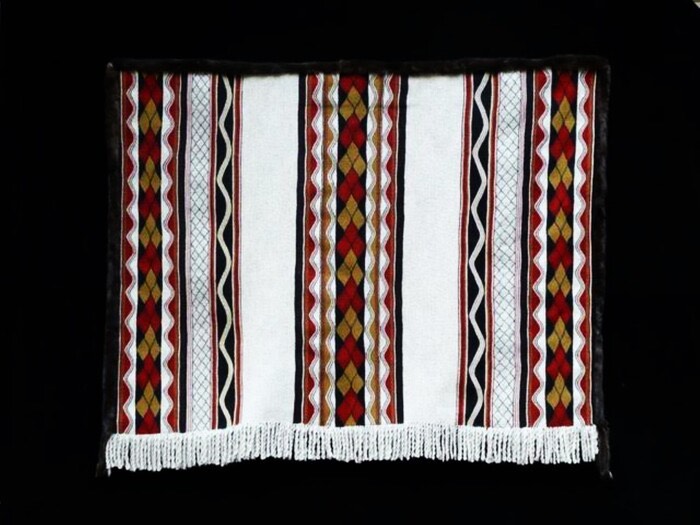
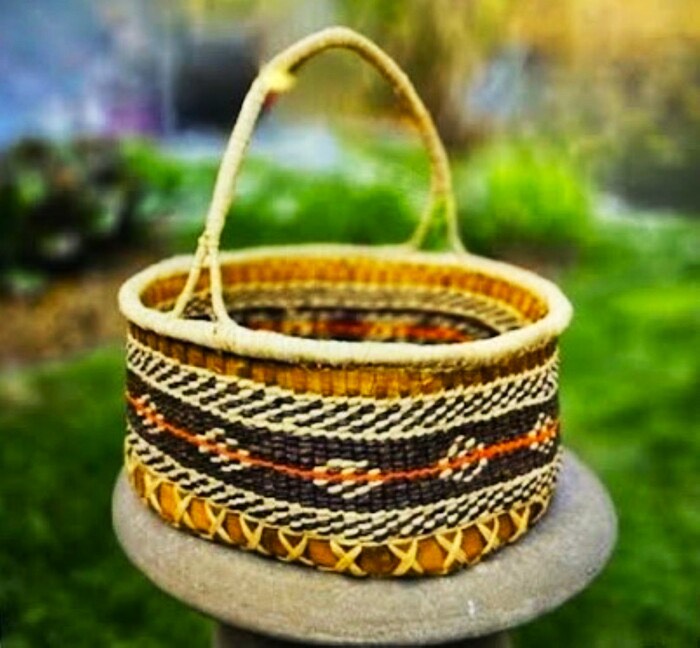
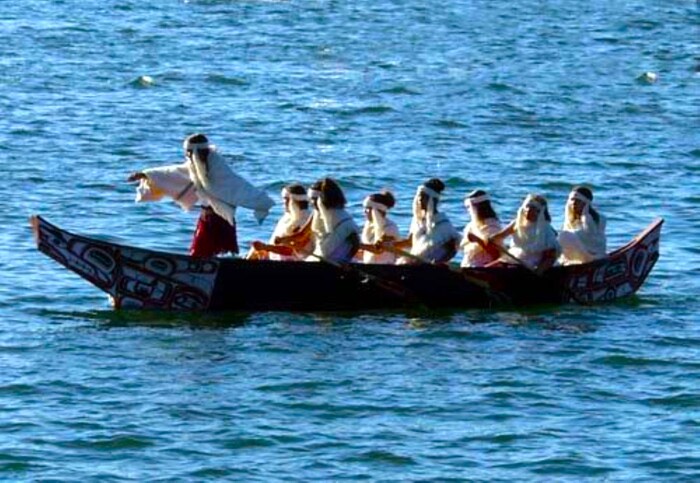
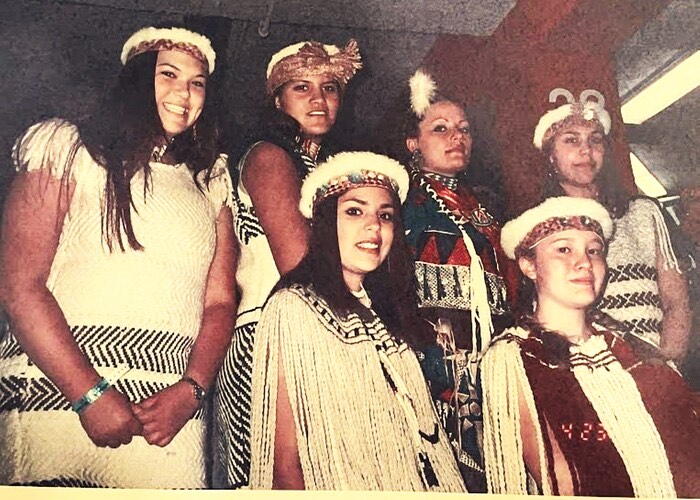
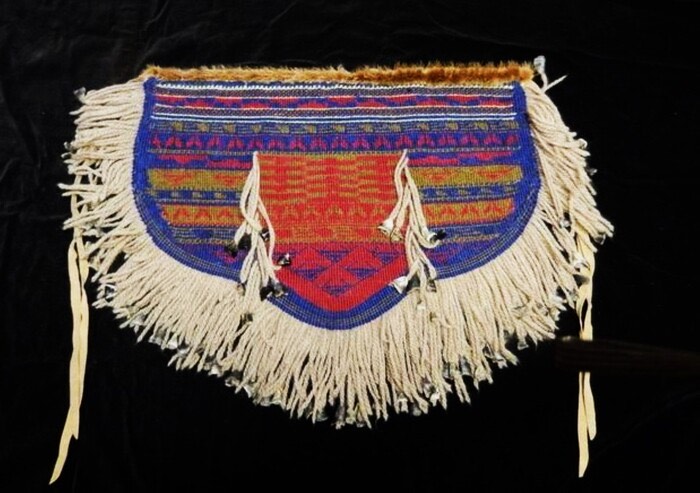
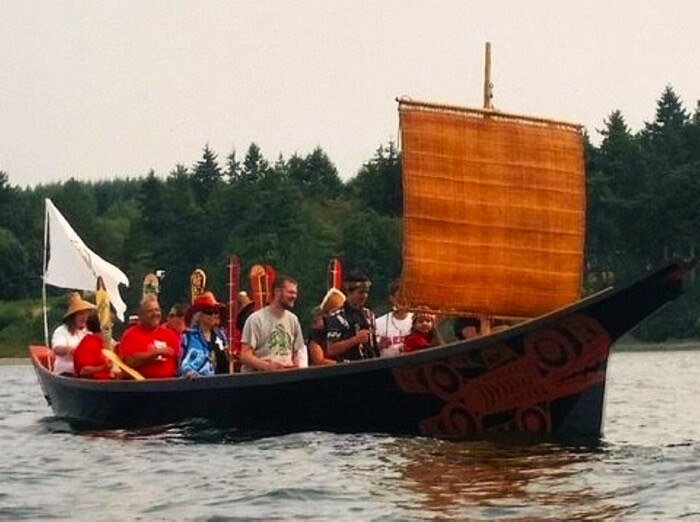
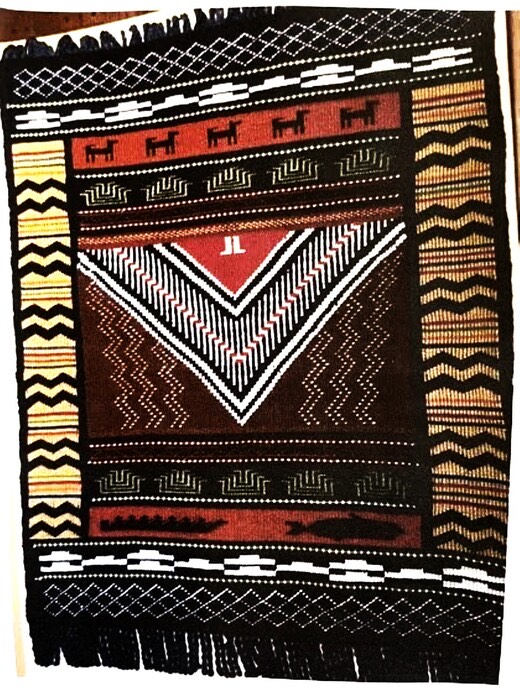
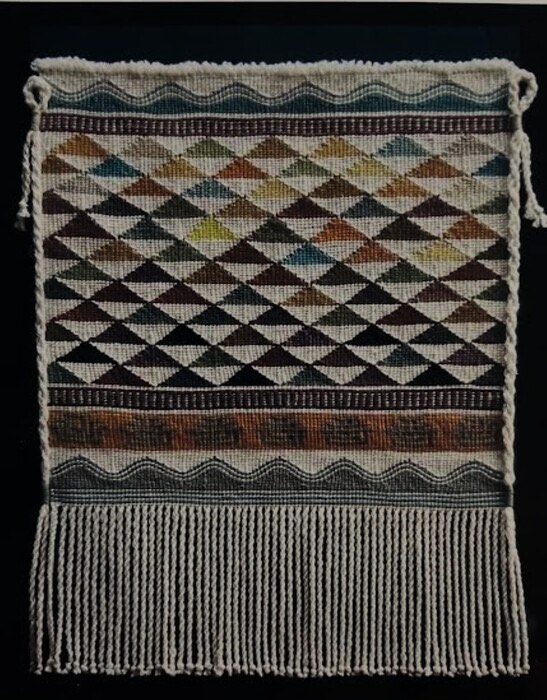
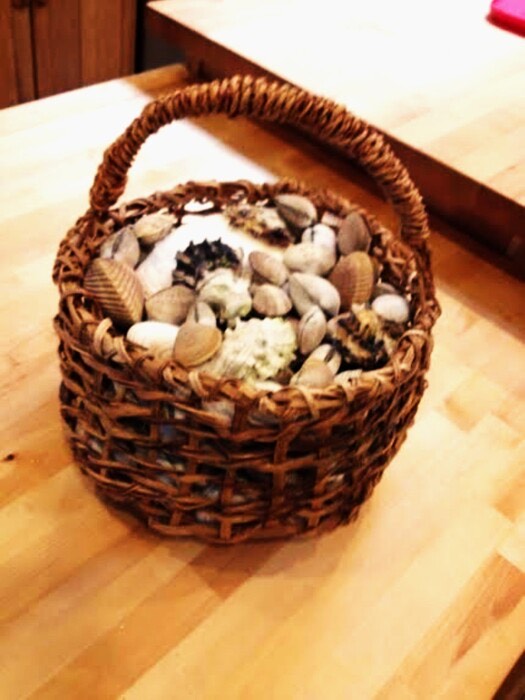
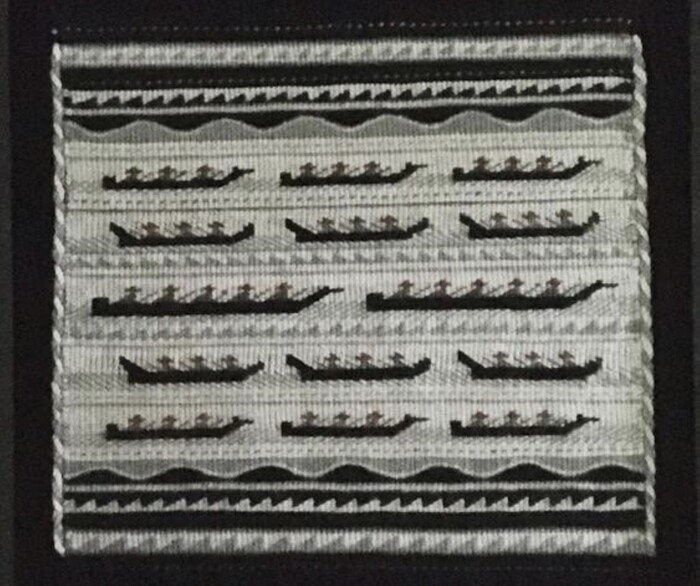
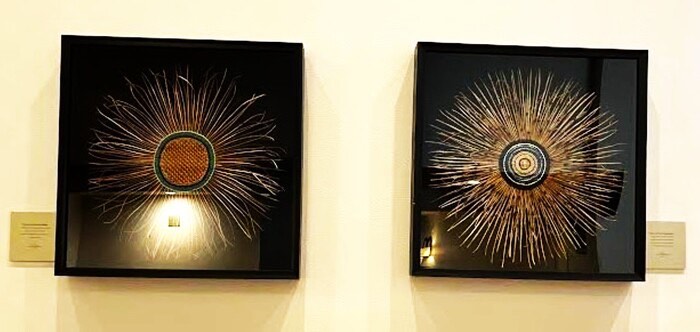
Artist’s Statement
My art is created to share a message, to honor and respect a time in history and culture, or even to emit emotion with color and design. I believe that all artists create through personal expression. My process includes much math and graph paper. My direction is always evolving. I am currently weaving intricate designs to fit messenger bags and painting basket designs on canvas bags that will be gifted during the 2023 Intertribal Canoe Journey.